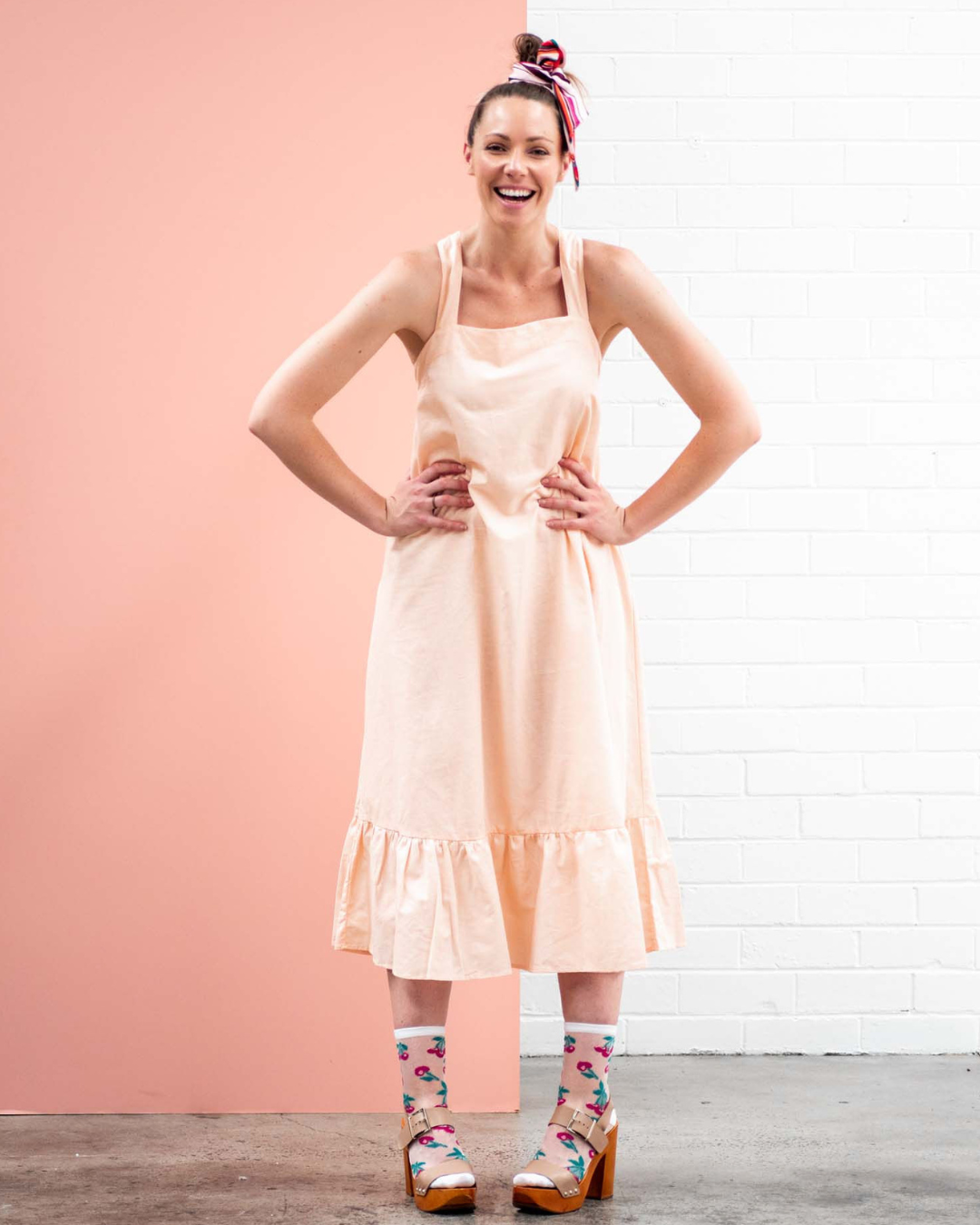342 million barrels of oil are used every year to make synthetic fibres, and of that, around 70 million are used specifically for polyester. It's hard to contextualise just how much that is, but it's a lot.
So, if you’re selling natural and sustainable fashion, share this post or share these facts with your customers and use them to educate and inspire your audience to shop sustainably. Sharing fashion industry facts with your community and your customers is a great way to educate them on why what you're doing is better. Help your customers understand the problem (how and why synthetic fast fashion is so bad) and they'll realise they need a solution (your brand and your sustainable products).
Here’s the scoop...
Oil is a non-renewable resource; once it’s gone, it’s gone.
A single polyester garment takes more than 200 years to break down in landfill but it never decomposes. It just breaks down into smaller plastic particles and those particles exist forever.
Fashion is now responsible for 35% of the micro-plastic fibres found in the ocean because every time polyester is washed, tiny micro-plastic fibres shed into the run-off water and make their way into our oceans. Eventually, they end up in the bodies of the fish we eat.
The production of polyester is an energy-intensive process and turning oil into a 'wearable' textile requires a lot of toxic chemicals too. The manufacturing process of polyester emits dangerous gasses like N2O, which is 300 times more damaging to our environment than CO2.
One polyester shirt has a 5.5kg carbon footprint compared to just 2.1kg for a cotton shirt.
70% of all fashion sold is now made with polyester and synthetic materials. If the average Australian sends 23kg of clothing to landfill every year and 70% of it is made with polyester, we are literally throwing away non-renewable resources by the kilo and leaving a toxic chemical trail in the process.
The skin is the largest organ and everything we wear on our bodies, goes in our bodies. Long term and repetitive contact with polyester clothing exposes the body to harmful toxins that have been proven to impact fertility, cause cancer and disrupt the endocrine system.
In a nutshell, polyester sucks.
If you’re still using polyester in your slow fashion brand and want to ditch it but don’t know how to or what to switch to, contact me here. There are plenty of sustainable alternatives.
Claire x




